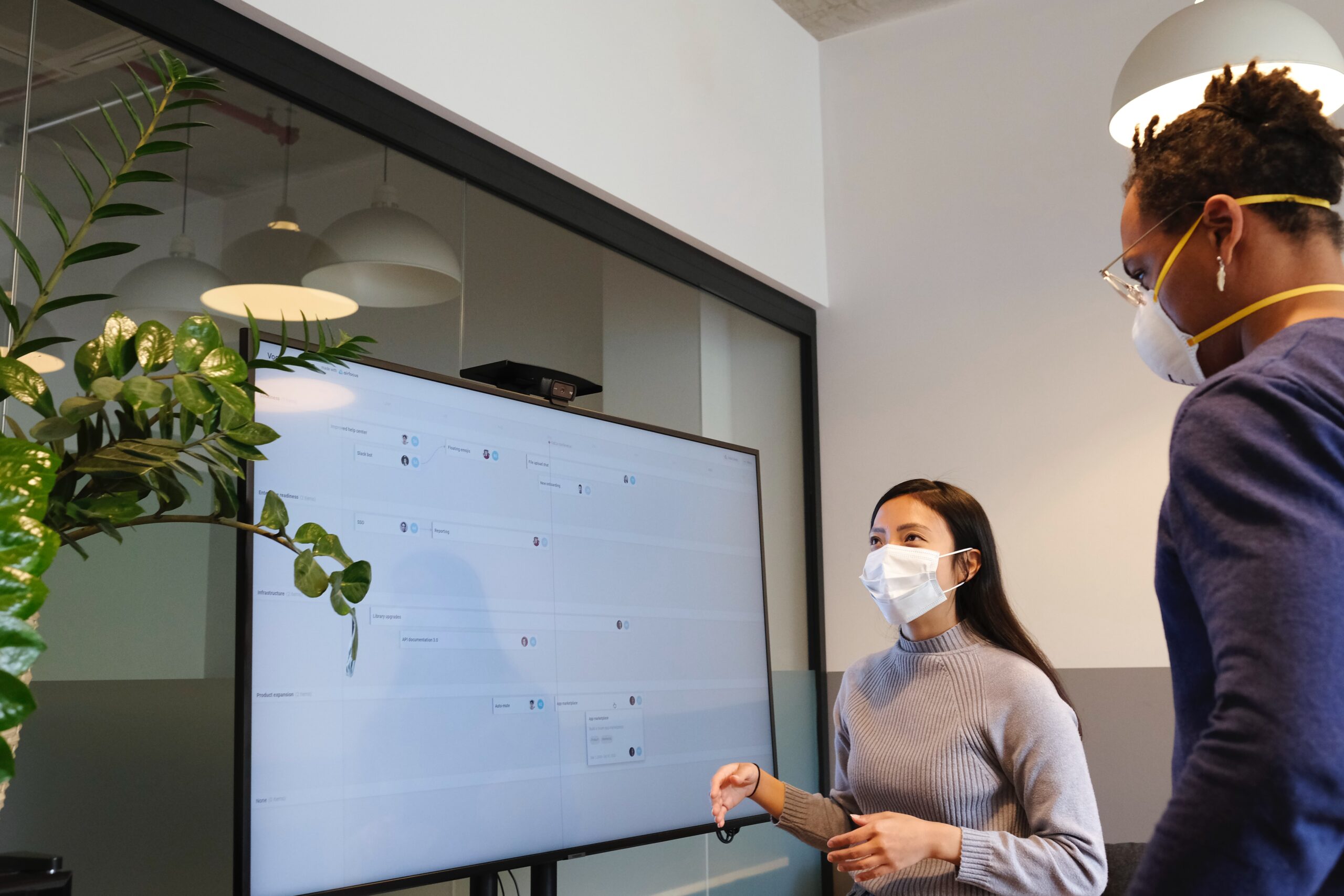We could all certainly agree the workplace has changed significantly as a result of the pandemic. The opportunity to manage by walking around and physically observing employees at work is largely gone.
But have the basic concepts of managing employee performance changed? Not really. What has changed is the means by which you as a manager must execute these concepts.
Remote work has spotlighted two critical concepts of performance management: communications with employees and clear expectations.
Communications with Employees
In an office setting, informal communications have often replaced more formal, dedicated communications with an employee. It is easy to avoid one-on-one chats with employees when you could say “I walk by them every day” or “I have an open-door policy if they need anything.”
Communication with remote employees must be more intentional. A daily check-in (even if just for 15 minutes) offers the opportunity to stay in touch. Use the time to ask how the employee is doing, determine how you might help, and share any company news. Remember communication should be two ways. You need to actively listen by allowing the employee time to speak.
Another important aspect of your communications with employees is maintaining a sense of team. Regularly scheduled team meetings encourage collaboration and help combat the feeling of isolation for a remote worker. Isolation can be compounded with the continued social distancing required to manage the pandemic.
Virtual team meetings can be very valuable in helping solve these issues. They can communicate work progress and help each member of the team connect to overall results. We are all missing our day-to-day human interaction; the meetings can be fun social opportunities. Why not schedule a virtual happy hour? Recently, to add to the fun, one employer invited their employees’ pets to the meeting. Many were attending uninvited anyway!
Clear Expectations
The importance of setting clear expectations in managing employee performance has not changed. It is key to holding employees accountable and meeting company objectives. Managing a remote worker can be more of a challenge without established goals and objectives. If done properly following SMART principles, you make clear the expectations and have the elements needed to hold an employee accountable for performance.
(SMART stands for Specific, Measurable, Attainable, Relevant and Time-Bound and can provide you with a template for success.)
Remote work may require communicating a few additional expectations unique to the virtual workplace. Flexibility has been key in retaining employees challenged with childcare and family health issues during the pandemic. Establishing core hours an employee should be online and accessible may prove beneficial. A daily report might also be helpful, but specifics of what the report should entail
and when it is due should be addressed. All of this should be concise and committed to writing to ensure clarity for all parties. Since we are in a fluid work climate, your expectations should be periodically reviewed and updated as necessary.
A monthly one-on-one meeting with each employee to review expectations is recommended. This is a time to focus on goals, objectives, timelines and obstacles the employee is experiencing in meeting expectations. Feedback should be given and solutions to any obstacles should be discussed. A follow-up email outlining the discussion and specific actions and deadlines established should be sent to the employee following the meeting.
Regular communications, clear written expectations and follow up set the stage for successful employee performance. These actions also prepare you to manage performance failures if necessary.
Baker Creative can help you and your team set the tone for a productive virtual workplace. Call us at (614) 836-3845 to learn more.
Written by Becky Meister, Baker Creative’s HR Specialist



